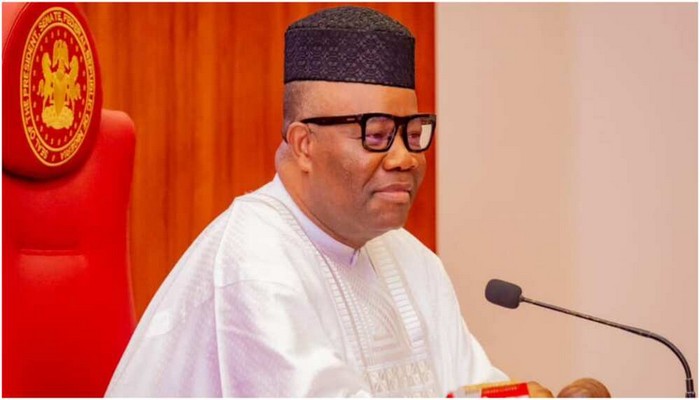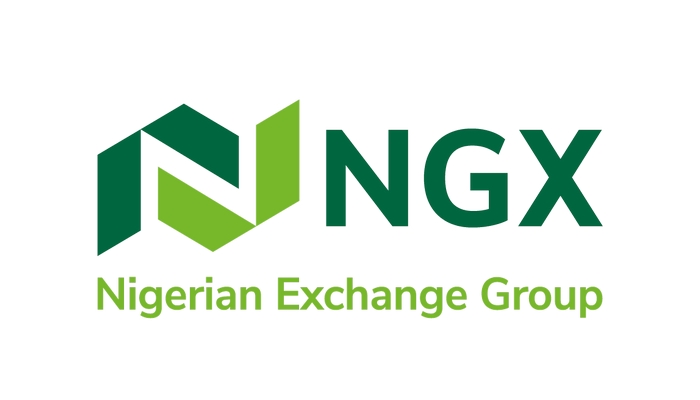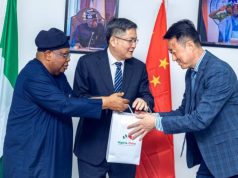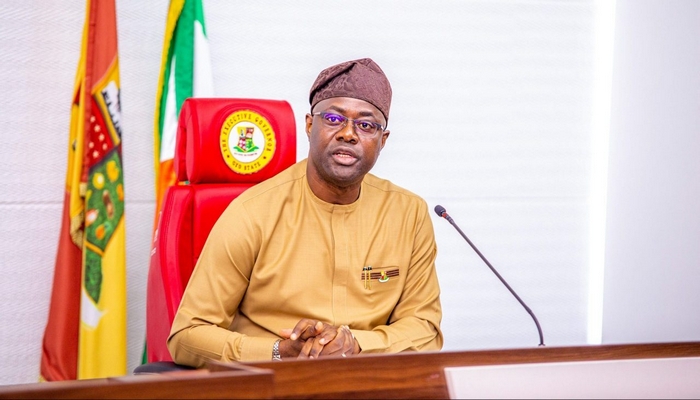Stakeholders in the capital market have identified the Nigerian capital market as the best platform for long-term capital for startups and Small and Medium Enterprises (SMEs).
They gave the submission at a webinar hosted by the Nigerian Exchange (NGX) Ltd. on “Capital Raising for SMEs through the Stock Exchange” on Thursday in Lagos.
According to them, the capital market provides the best avenue for the SMEs to access long-term capital at a reduced rate when compared with borrowings from the bank.
Mr Humphrey Ngonadi, President, South-East Chamber of Commerce, Industry, Mines and Agriculture, said during his keynote address that enlightenment on access to finance was crucial for private sector growth.
Ngonadi explained: “The significance of the SMEs for growth and competitiveness of the economy is universally recognised.
“It has been our experience in the chamber of commerce that SMEs face a wide range of challenges that impact their potential which includes financial mismanagement, poor record keeping, poor state of infrastructure, multiplicity of taxes, among others.
“Events such as these which target enlightenment on accessing finance is crucial to promote private sector solutions like the Nigerian Exchange Growth Board which raises long-term capital and promotes liquidity for SMEs.
Mr Olumide Bolumole, Divisional Head, Business Listing, NGX, said that the webinar was in furtherance of educating business promoters on the alternative funding opportunities of the capital market to catalyse business growth.
Bolumole said: “The SMEs outnumber large companies and employ vast number of people. According to the NBS, SMEs contributed about 48 per cent of the national Gross Domestic Product in the last five years with a total of about 41.5 million enterprises nationally.
“Of these, the South-South and South-East regions possess 33 per cent of SMEs across all sectors of the economy.
“This segment also accounts for 96 per cent of operational businesses and 84 per cent of employment, despite all these, the economic landscape among other challenges are daunting.
“They include multiplicity of taxes, levies and fees, lack of right-sized and right-priced financing, unavailability of needed corporate governance to maximise capacity utilisation and profitability for the companies.”
Bolumole said that the COVID-19 pandemic, high inflation rate and naira devaluation had negatively impacted businesses.
He, however, said that irrespective of the challenges, there was a need for SMEs to upscale from medium to long-term capital.
According to him, the NGX has various products and services to support capital raising of corporates.
Also speaking, Mr Ubong Akpainyang, NGX Port-Harcourt, who spoke on the importance of long-term finances for start-ups and SMEs through initiatives of the NGX; said that the Exchange was well positioned to assist SME in capital raising.
Akpainyang said that start-ups and SMEs could access funding from the NGX through Initial Public Offerings, listing by introduction, rights issue and special purpose acquisition vehicle.
On his part, Mr Reuben Ossai, said that awareness of the activities of the exchange was very low in the South-East and South-South regions.
“You can understand this clearly when you get to the street, if you just tell them that your company is listed on the NGX, they will ask you what is listing.
“It is a major task that the exchange needs to take up for people to be aware of the opportunities available and the gains of being listed on the exchange,”Ossai said.
Prof. Uche Uwaleke, President, Association of Capital Market Academics of Nigeria, said that a recent study on the capital market awareness ratio, showed that the South-South, South-East and North-East region had the least of capital market literacy.
Mrs Constance Nwokejiobi, Director-General, Bonny Chamber of Commerce, Industry, Mines and Agriculture, harped on the need for capacity building put together by the exchange in collaboration with the chambers of commerce to promote awareness across the South-South and South-East regions.










































